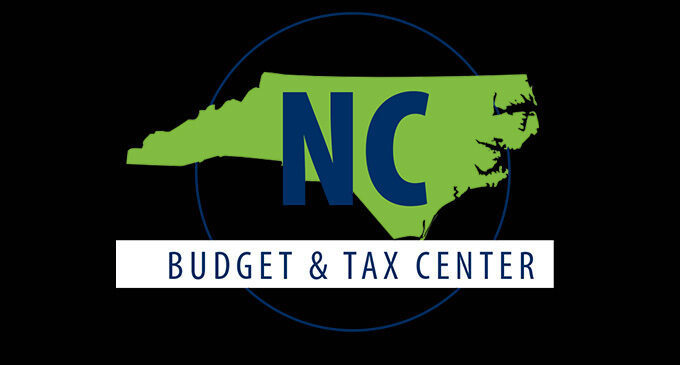New national report shows NC’s cost for food benefits under different federal spending cut plans

More than 1.4 million people in North Carolina who participate in the Supplemental Nutrition Assistance Program (SNAP) could be at risk of going hungry if Congressional Republicans move forward with a plan to cut $230 billion or more from the program over nearly 10 years. The specific details of the cuts are not public yet, but some Republican leaders are calling for states to be required to pay a portion of North Carolinians’ SNAP food benefits for the first time. Congress should reject this proposal and protect SNAP from harmful budget cuts.
To fund a portion of SNAP food benefits, North Carolina would need to raise revenue, cut funding for other state-funded programs and services, cut SNAP benefit levels, restrict program eligibility, or some combination of these – all options that would cost North Carolina more or take food assistance away from North Carolinians. This proposal comes as North Carolina’s revenue is forecasted to flatline and then decline over the next two fiscal years.
Republican leaders have not said how much they would force states to pay of SNAP food benefit costs. But if they create a new state match of 5% of SNAP benefits, it would cost North Carolina about $146 million in 2026; a 25% match requirement would cost North Carolina $731 million. It would be the first time that the federal government did not fully fund the cost of food benefits, according to a new report from the Center on Budget and Policy Priorities.
Congressional Republicans are pushing deep federal spending cuts to SNAP, Medicaid and other vital services to “offset” the costs of extending and expanding tax cuts for the wealthy. Their tax cuts for households with incomes in the top 1 percent alone would cost roughly $1.1 trillion over 10 years. Forcing states to help pay SNAP benefits would let federal policymakers enact unpopular cuts while making someone else – state policymakers – decide which participants lose benefits.
“The prospect of this radical and sudden cost shift comes at a time when North Carolina’s state budget is already strained,” said Alexandra Sirota, executive director of the N.C. Budget & Tax Center. “As state legislators negotiate to work key tax and spending priorities into a balanced budget for next fiscal year, even a small new SNAP matching requirement would force wrenching trade-offs between letting more children going hungry and funding other important public services, such as education and public safety.”
If states were required to match even 10% of SNAP benefit costs, it would be equivalent to more than 5,000 teacher salaries in North Carolina. States could pass along some of the cost to counties and cities, either directly or indirectly.
“This proposal and other potential cuts to SNAP will take away food benefits from children, veterans, seniors and people with disabilities and raise grocery bills,” said Moriah Collins, campaigns coordinator with the N.C. Budget & Tax Center. “We urge our entire delegation to oppose any final budget resolution that includes cuts to SNAP.”
In North Carolina, more than 66% of participating families have children and more than 34% of participating families include seniors or adults with disabilities. Research shows SNAP reduces food insecurity and is linked to improved health, education and economic outcomes and to lower medical costs for participants.
SNAP benefits are spent at more than 9,000 grocery stores in the state. Every $1 in additional spending on SNAP benefits in a weak economy generates $1.54 in economic activity when households use their benefits to shop at local businesses in their communities.









